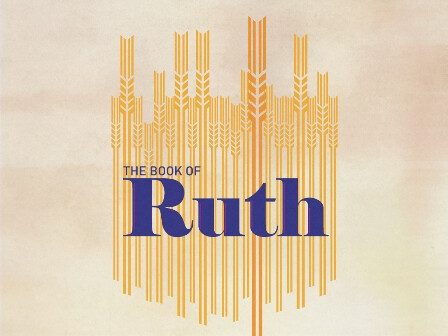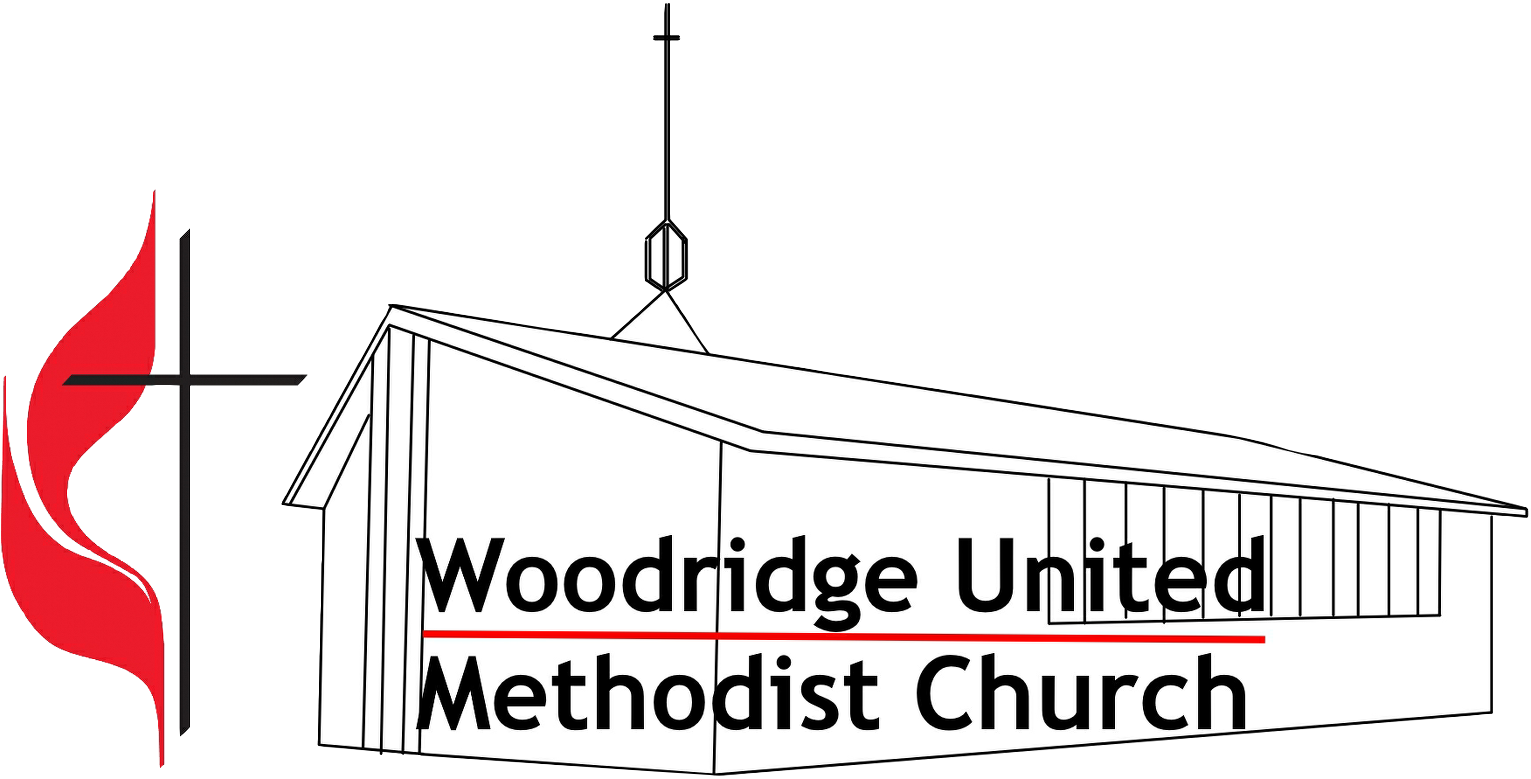Ruth, Naomi and the Power of Story

Our study of the Acts of the Apostles has concluded and we are now considering the idea of migration: both physical and spiritual. So we will spend the next few weeks in the company of Naomi, Ruth, Boaz, and the other cast of characters we find in the delightful — and delightfully complex — book of Ruth.
Many are familiar with the story of Ruth, or at least familiar with its most famous line — which will make an appearance as song lyric sometime during this series. Not unlike our Jonah series from last year, Ruth is short enough that we can pretty much read the entire book and still take our time getting through it.
To get us started this week, we’ll cover the basics of any good story:
- Who?
- What?
- Where?
- How?
- When?
If we can satisfactorily answer those questions, we just might find we are ready to level up to take a crack at the big boss question: Why?
If we make through that boss intact, we should be in position to examine the biggest boss question — the question that looms over us every week: So what?
- Is Ruth simply a sweet story of a family learning to live “happily ever after”?
- Is Ruth the biblical version of an intermezzi, that is, a sweet palate cleanser between all the violence in the book of Judges that proceeds it and the books of Samuel that follow it?
- What else could Ruth be?
- What could this centuries (millennia?) old story possibly have left to say to us in 2018?
Series Information

Spend the next few weeks in the company of Naomi, Ruth, Boaz, and the other cast of characters we find in the delightful — and delightfully complex — book of Ruth. Many are familiar with the story of Ruth, or at least familiar with its most famous line . Not unlike our Jonah series from last year, Ruth is short enough that we can pretty much read the entire book and still take our time getting through it.
